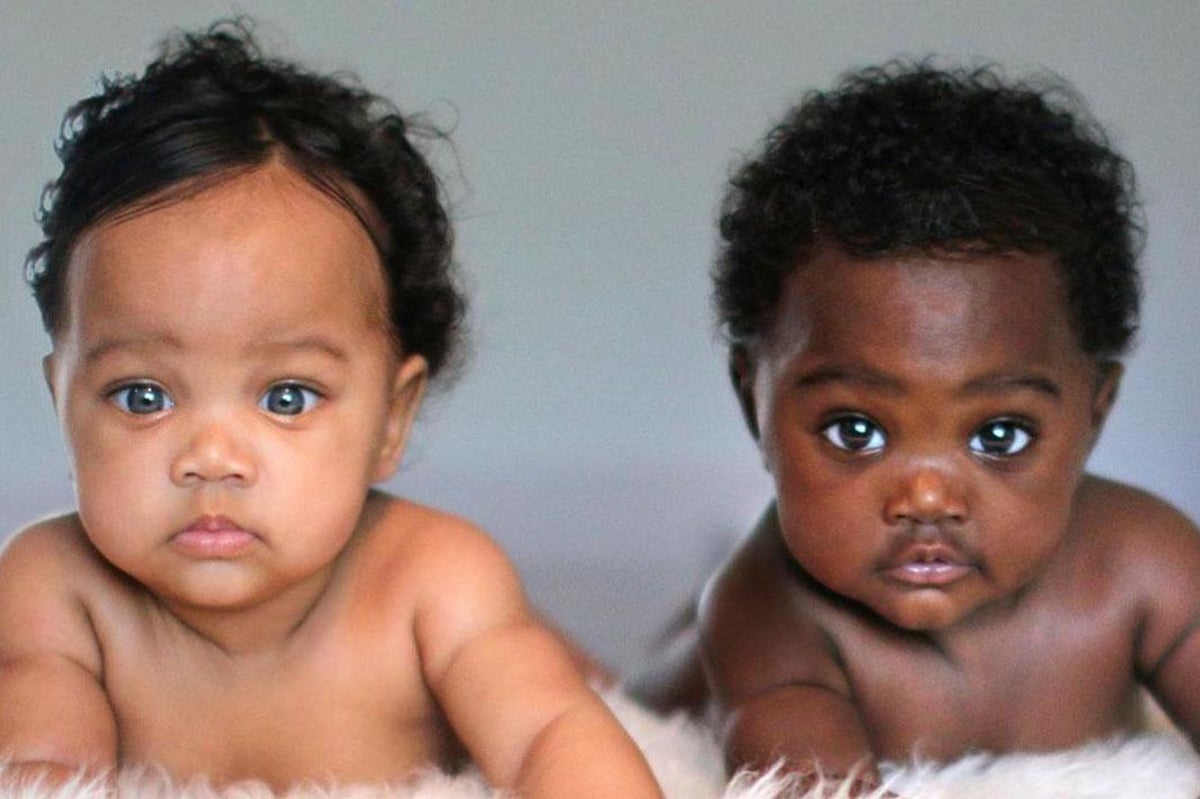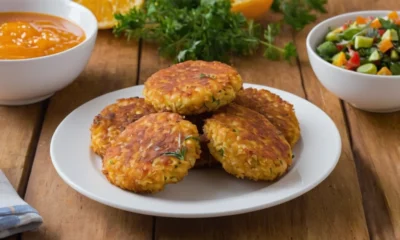Many people who want to have twins wonder how to increase their chances. While there are factors that can boost your odds of having twins, there are no guarantees, and most pregnancies will still result in a single baby.
Fertility treatments like Clomid, Gonal-F, and Follistim make it more likely to conceive twins. Other factors, such as your height, age, diet, and family history, can also influence your chances of having twins.
In 2019, the CDC recorded 120,291 twin deliveries in the United States, which equates to about 3.21% of live births. This data includes naturally occurring twins and those conceived with fertility treatment. Identical twin pregnancies occur in 0.45% of the general population or 1 in 250 births. Fertility treatments can double these rates, increasing the chances of both fraternal and identical twins.
How Can You Increase Your Chance Of Having Twins?
While it’s common knowledge that fertility treatments can raise the likelihood of having twins, they are not the sole reason for such pregnancies.

Several other factors can also increase your chances of getting pregnant with multiple babies. Check them out below:
1. Age
The chances of conceiving twins are higher for individuals over 30, especially those over 35. This is linked to the rise in follicle-stimulating hormone (FSH) levels as people age. FSH plays a role in developing eggs in the ovaries before release.
With age, more FSH is needed as eggs require greater stimulation to mature. Occasionally, the increased FSH levels can cause follicles to overreact, leading to the release and fertilization of multiple eggs, resulting in multiple pregnancies.
2. Family History
Having a family history of identical twins might not increase your likelihood of having multiples, but if there are male identical twins in the family, it may raise the chances of their offspring having identical twins.
However, if there are fraternal twins (non-identical) in your family, your odds of conceiving twins are higher. Having fraternal twins on both parents’ sides or from an egg or sperm donor can further increase your chances.
Additionally, if there’s a history of fraternal twins on the maternal side of the family, it suggests a greater likelihood of ovulating more than one egg in a single cycle.
3. Weight
People who have a higher body weight are more prone to conceiving twins compared to those with a lower body weight. This is because extra body fat often results in higher estrogen levels, which can lead to the ovaries being overstimulated.
Instead of releasing just one egg during ovulation, the ovaries may release two or more.

However, it’s important to note that although the chances of having twins may increase, being overweight can make it more challenging to conceive due to other associated factors like excess body fat.
4. Height
Taller people have a higher likelihood of having twins. Research discovered that individuals around 5’4.8″ tall were more prone to conceive twins than those around 5’3.7″ tall.
The exact reason for this is uncertain, but it’s suggested that improved nutrition associated with greater height might contribute to the increased rate of twins.
5. Diet
The food you eat can affect your chances of having twins. Some research suggests that people who consume a lot of dairy products are more likely to conceive twins.
Vegans, on the other hand, have a significantly lower likelihood of having twins compared to dairy consumers.
Eating yams has also been associated with a higher twin rate, possibly due to their potential to stimulate multiple ovulations.
6. Breastfeeding
Also, getting pregnant with twins is more likely for those who conceive while breastfeeding. While breastfeeding can delay pregnancy, particularly when done exclusively in a baby’s first six months, it’s still possible to have twins while breastfeeding.
Research indicates that the rate of twins is 11.4% among breastfeeding mothers, significantly higher than the 1.1% rate among those not breastfeeding.
Bonus Factors
Twins are more frequent in individuals with numerous pregnancies and larger families. Additionally, Black individuals have a higher likelihood of having twins compared to white individuals, whereas Asian individuals have a lower chance of conceiving twins.


 FAB FRESH6 days ago
FAB FRESH6 days ago
 SPORTS6 days ago
SPORTS6 days ago
 ENTERTAINMENT6 days ago
ENTERTAINMENT6 days ago
 DRINKS5 days ago
DRINKS5 days ago
 BUSINESS3 days ago
BUSINESS3 days ago
 TRAVEL4 days ago
TRAVEL4 days ago
 ARTS & CULTURE5 days ago
ARTS & CULTURE5 days ago
 FOOD4 days ago
FOOD4 days ago

















































